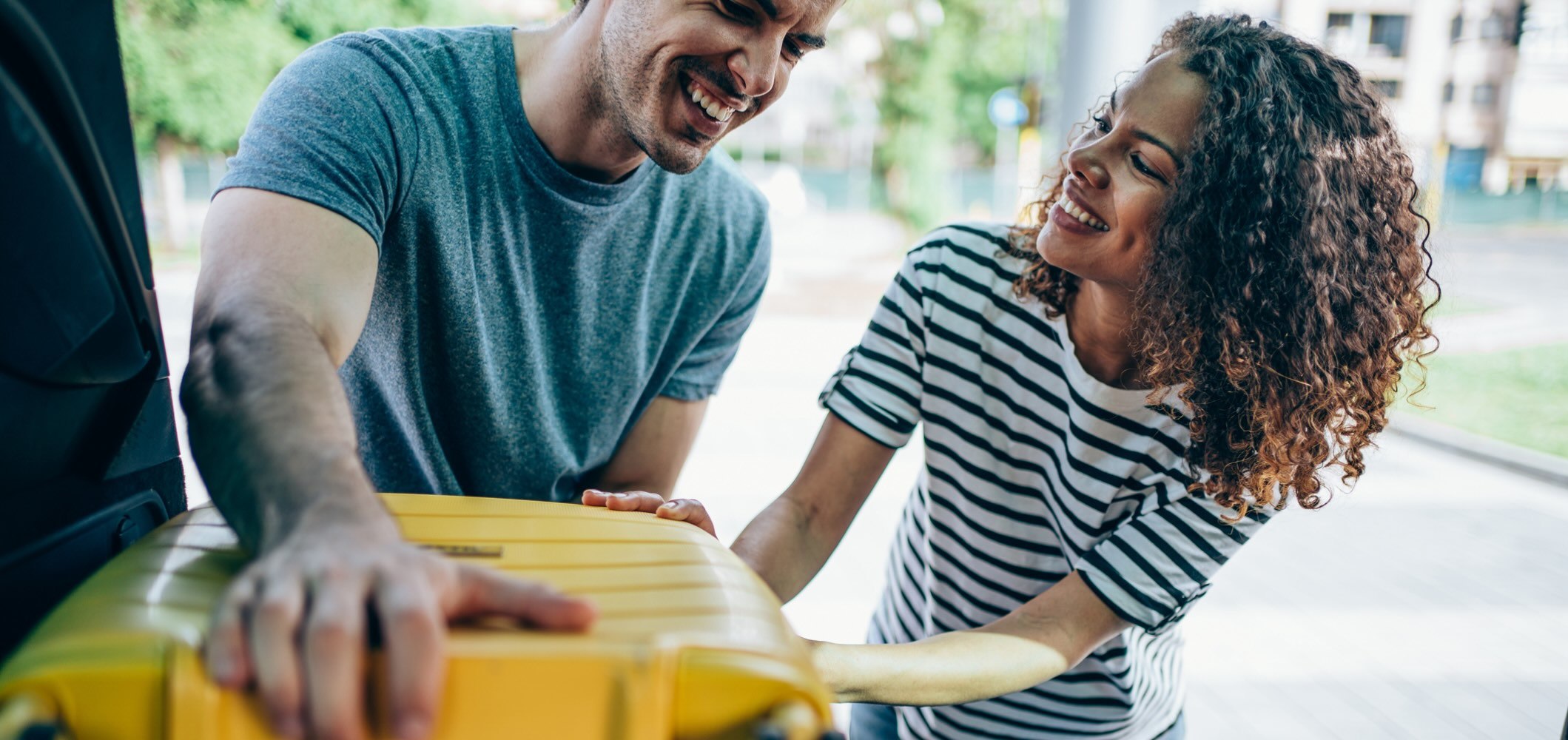Reading time: 5 minutes

Embarking on a grand European holiday? Whether you're planning to marvel at the ancient ruins of Rome, indulge in the best pastries of Paris, or soak up the sun on the Greek islands, a well-prepared travel checklist can make your trip run so much smoother. Here's your ultimate guide to packing and preparing for a trip to Europe, tailored specifically for Aussies venturing overseas.
Essential Documents and Finances
- Passport and Visas: It's time to dust off the passport and check that it is valid for at least six months beyond your planned return date. Depending on your itinerary, you may need visas for certain countries, so check the requirements well in advance.
- Travel Insurance: We all know that the good times can take a slight detour when travelling. When the going gets tough, Travel Insurance Direct policies aim to do the heavy lifting and may assist with travel insurance cover for Europe to help keep your trip moving in the right direction, so you can refocus on the fun.
- International Driving Permit: If you plan to hire a car, many European countries require an International Driving Permit (IDP) alongside your Australian driver's license. It's also worth noting that nearly all European countries drive on the right side of the road.
- Credit Cards and Cash: Notify your bank of your travel plans to avoid any security blocks on your cards. Some banks will let you notify them on their app, which can save you time. While cards are widely accepted, having some local currency can help with smaller transactions and visiting the public restrooms.
- Copies of Important Documents: Keep digital and physical copies of your passport, travel insurance policy, and any bookings separately from the originals.
Packing Smart
- Clothes: Pack light and choose layers that can be mixed and matched. Include a waterproof jacket and comfortable walking shoes. For summer travel, lightweight clothing with a light jacket for cooler evenings; for winter, warm layers and a good quality coat.
- Adapters and Chargers: Europe has a variety of electrical outlets. A universal travel adapter is essential for charging devices. It's also handy to bring a portable power bank for long days out, especially if you plan on using your GPS a lot.
- Health Kit: Include prescription medications in their original packaging, a basic first-aid kit, sunscreen, and insect repellent. Remember to pack any necessary vaccinations documentation if required.
- Travel Essentials: Sunglasses, sunscreen, a reusable water bottle (tap water is drinkable in most parts of Europe), and a sturdy backpack for day trips. Pro tip: if you plan on visiting a lot of museums with audio tours, you should consider packing your own earphones.
- Entertainment: Long train rides across Europe are perfect for catching up on reading, so bring a Kindle or a few books. Again, don't forget headphones and downloading music, podcasts and movies.
Travel Hacks for a Smooth Journey
- SIM Card or Roaming: Always check roaming charges with your Australian mobile provider and consider purchasing a European SIM card or esim for data and calls overseas.
- Language Apps: Download a language translation app to help with basic phrases and directions. Many apps also work offline and have the option to snap a photo for translation
- Accommodation and Transportation Bookings: Pre-book your accommodations and transport where possible so that you can maximise your options. Look into rail passes like Eurail for multi-country visits, which can save money and flexibility.
- Local Research: Understand local customs and any current travel advisories. Knowing a bit about local etiquette, like greeting customs or restaurant tipping, is also useful.
- Sustainability Practices: Europe is increasingly eco-conscious. Bring a reusable shopping bag and consider travelling by train instead of flying to reduce your carbon footprint. Many regional trains offer stunning scenery.
Packing Tips to Maximise Space
- Rolling vs. Folding: Roll your clothes to save space and reduce wrinkles. Packing cubes can also help organise and compress your items.
- Dual-Purpose Items: Pack items that serve more than one purpose, like a scarf that can be used as a wrap, blanket, or a makeshift beach towel.
- Limit Shoes: Shoes can take up valuable space. Limit yourself to three pairs: comfortable walking shoes, casual/smart shoes, and sandals or flip-flops, depending on the season.
- Snacks: Pack some Australian snacks to cure homesickness and save on buying expensive treats at tourist spots.
- Leave Room for Souvenirs: Keep some space in your luggage or backpack for the treasures you'll want to bring home. Consider packing an extra foldable bag if you plan to shop a lot.
Conclusion
Preparing for your European trip doesn't have to be daunting. With this comprehensive checklist, you're off to a great start to your European adventure. Remember, every item you tick off the list brings you one step closer to a stress-free and enjoyable travel experience. Happy travels, and don't forget to bring back some stories along with those souvenirs!